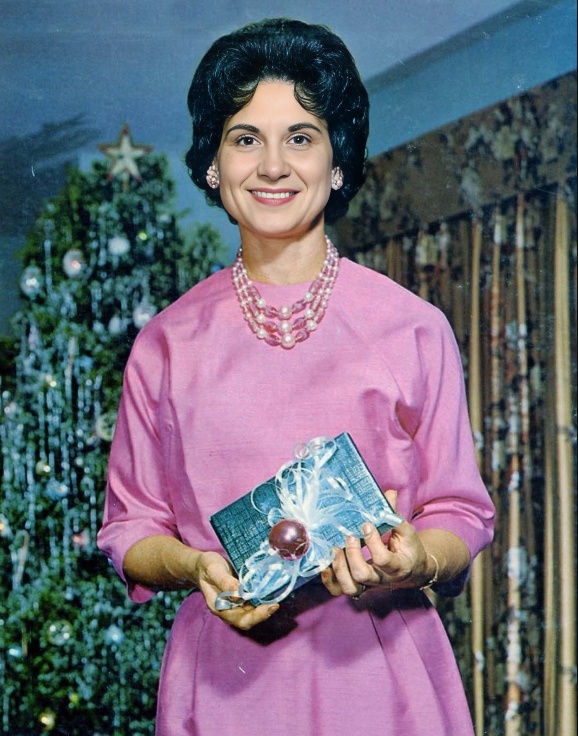
Kitty Wells, born Muriel Deason, wasn’t just a country singer; she was a groundbreaking pioneer who shattered glass ceilings in a male-dominated industry. Often hailed as the “Queen of Country Music,” Wells carved a path for countless female artists who followed. While she had numerous hits throughout her career, her defining moment, and the song that cemented her legacy, was undoubtedly “It Wasn’t God Who Made Honky Tonk Angels,” released in 1952. This rebellious anthem soared to the top of the country charts, making her the first solo female artist to achieve a number one hit in the genre. Though not technically eligible for chart inclusion awards due to Billboard’s policies at the time, the song’s tremendous sales and cultural impact were undeniable.
“It Wasn’t God Who Made Honky Tonk Angels” directly responded to Hank Thompson’s hit “The Wild Side of Life,” which blamed women for the downfall of men. Wells’ song flipped the script, pointing fingers at cheating husbands and highlighting the societal double standard that held women accountable for marital infidelity while often excusing men. The lyrics boldly proclaimed that “honky tonk angels” weren’t inherently evil but rather driven to their lifestyle by broken promises and unfaithful partners.
The song’s impact was immediate and powerful. While some radio stations initially banned it due to its controversial subject matter, the public embraced its message. Women, especially, resonated with Wells’ honest portrayal of their experiences and the challenges they faced within the constraints of a patriarchal society. The song sparked a national conversation about gender roles, marital expectations, and the inherent biases of the music industry. “It Wasn’t God Who Made Honky Tonk Angels” wasn’t just a hit song; it was a cultural phenomenon that continues to resonate today, a testament to Kitty Wells’ courage and the enduring power of her message.